Coming Attractions
Our expert critics supply a guide to film, visual art, theater, author readings, television, and music. More offerings will be added as they come in.
The Arts Fuse Currents
Music
Steve Reich’s 1976 minimalist masterpiece, performed by Ensemble Signal, was a special event to see and hear live.
Visual Arts
Film
Reviews of “Josephine,: the film that won Sundance’s top award for 2026 and of “Aanookibijigan” and “The Gallerist”.
Books
This hybrid narrative laces romantic adventure with a bit of horror, the supernatural, and mathematical derring-do—all within an increasingly realistic depiction of the times and of the people who survived them.
Poetry at The Arts Fuse
This week’s poem: Jillian Boger’s “I Never Learned How to Speak”
Dance
The question was how well these mid-20th century works would hold up and how, with the passing of time, those dances would look to both familiar and fresh eyes.
Theater
“Achieving some sort of balance is key; to capture the heart and soul of who we are, and to present that on our stages, so that we continually challenge audiences and surprise ourselves.”
Television
Considering its hard-to-fault premise, Peacock’s “The ‘Burbs” should be a lot more fun than it is.
Podcasts
In this episode, Elizabeth Howard speaks with Oarabile Ditsele, a South African actor, filmmaker, writer, and multidisciplinary creative artist.
Short Fuses
Each month, our arts critics — music, book, theater, dance, television, film, and visual arts — fire off a few brief reviews.
Spotlight
Meeting today’s challenge—harnessing the performing arts to prepare the next generation to sustain democracy—requires broader collaboration not only with schools and community partners but among TYA companies themselves.
About the Arts Fuse
The Arts Fuse was established in June, 2007 as a curated, independent online arts magazine dedicated to publishing in-depth criticism, along with high quality previews, interviews, and commentaries. The publication's over 70 freelance critics (many of them with decades of experience) cover dance, film, food, literature, music, television, theater, video games, and visual arts. Support arts coverage that believes that culture matters.

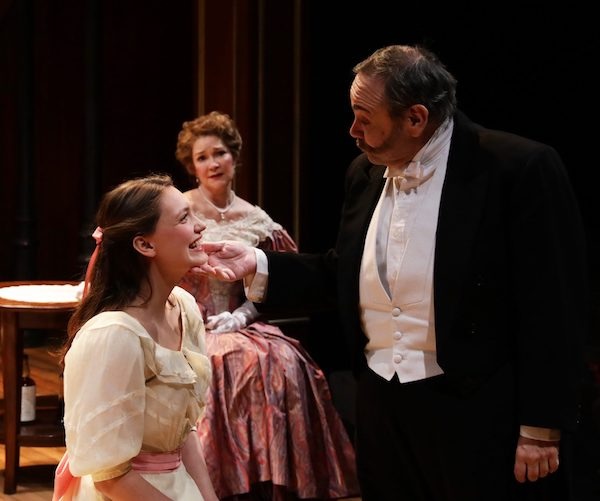




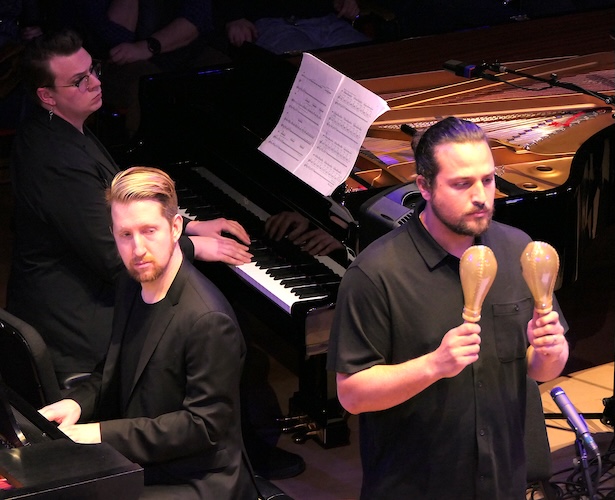

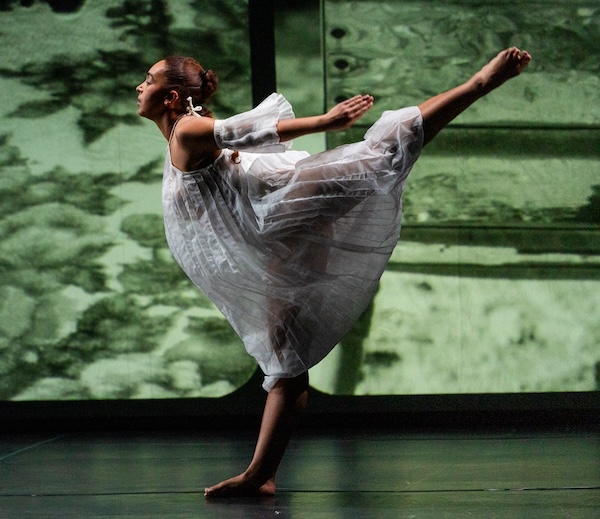
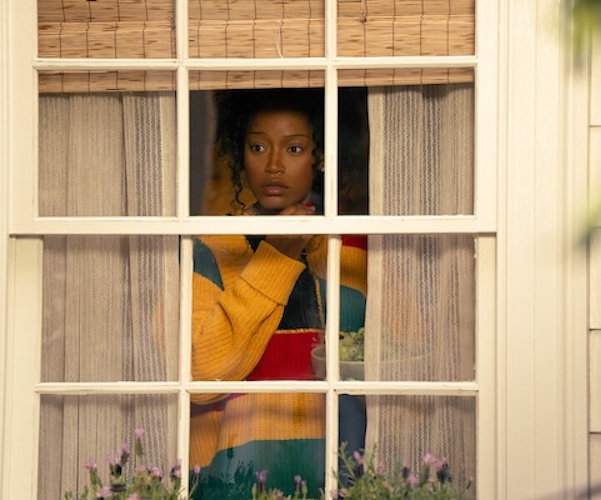

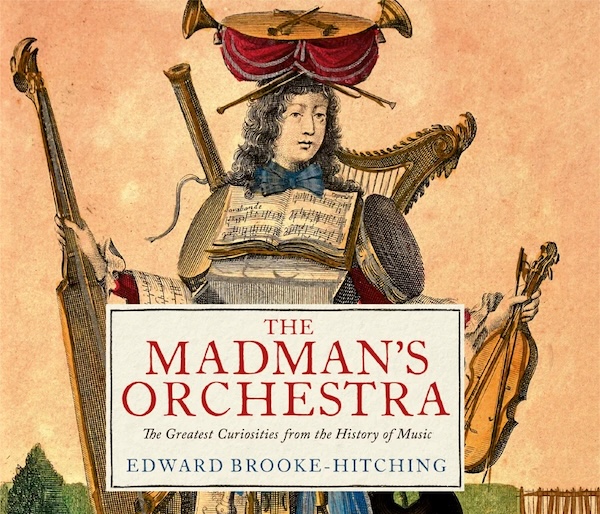


Visual Art Commentary: Silence Is Complicity — Why Museums Must Use Their Voice to Defend Democracy
At a moment when arts and culture, public education, historical memory, and American democracy itself are under coordinated attack, silence is not a neutral posture. It is a decision with consequences.